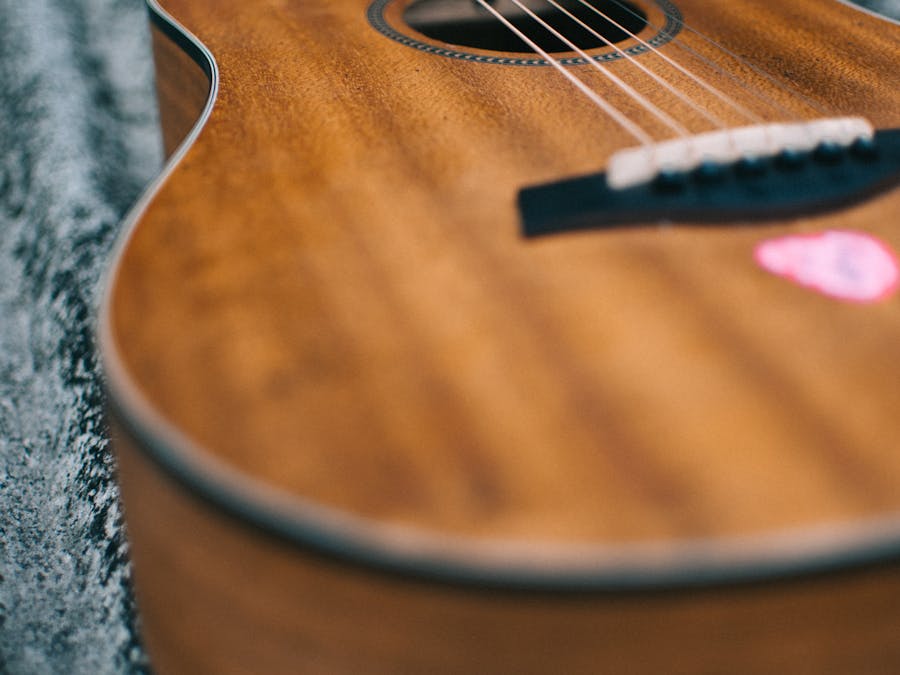 Piano Guidance
Piano Guidance
 Piano Guidance
Piano Guidance

 Photo: Charles Parker
Photo: Charles Parker
Pianists memorize music because it helps them to play with better musical expression. Memorizing also helps better perform technically demanding repertoire and help eliminate page turns nad breaks in the music. Memorizing music is mostly reserved for soloists and less frequent for collaborative playing.

How to Play the Bm Chord Without Barring Start by placing your index finger on the 2nd fret of the high E string. Place your middle finger on the...
Read More »
Beyonce IQ is estimated at 136 - an impressive score that places her in the top 2 percent of the population to own a high intelligence quotient.
Read More »
An atheist denies the existence of God. As it is frequently said, atheists believe that it is false that God exists, or that God's existence is a...
Read More »
That's right: 49 keys are enough to get started. Because your instrument is really made up of repeating sets of 12 notes, as long as you have a few...
Read More »After those measures are solid I choose another four measures and then add them with the previous four. This is the stacking up method which allows me to not chew off too much music all at once for memory. Muscle memory is a major factor in memorization. With quality, repetition comes results. The more a musician plays the same notes and passages over and over again, the more it sticks in their fingers. This is why it’s important to always play the right notes and why tempo is not a major factor in the early stages of memorizing music. Sometimes it’s helpful to practice the piano away from the actual instrument to improve muscle memory. This consists of finding a flat surface and going through the motions. Pretend as if you are playing the keys themselves. The lack of security from having any keys press down really puts the focus on playing the right fingers and doing the right emotions note matter where you are. This is a true sign that muscle memory is working at its highest level. Musicians, in general, will also use visual aids to help guide them in memory. The concert stage can be a scary place, and with adrenaline and nerves running high it helps to have visual aids to guide your performance. Pianists will identify certain images in their minds to remind them of what’s coming next. They can associate certain smells or images with specific chords or landmarks in the music. This helps them to know what’s coming next even if they aren’t explicitly thinking about the notes themselves. When looking at the keys pianists can also take snapshots of certain notes so that they know where they are moving to in parts of the music. One thing I see pianists do a lot of is to close their eyes during performance. This might seem illogical, but the idea is to fully immerse themselves in the music and to get rid of the distractions. A huge part of playing music from memory effectively is to calm the mind and play freely. Without that, all of the hard work to learn the music can be quickly erased with a wall of mistakes.

Mark Mark is generally agreed to be the first gospel; it uses a variety of sources, including conflict stories (Mark 2:1–3:6), apocalyptic...
Read More »
“Why do my solos sound like I'm just playing scales?” It's usually because when people practice guitar, they usually just focus on scales. They...
Read More »
Mechanical keyboards need maintenance to last longer and to function properly. Food crumbs, pollen, water splashes, and mold are causes that have...
Read More »
the ukulele Whatever the limit the ukulele reigns as the “world's happiest instrument ” laughs Hanner. May 26, 2008
Read More »
three quarter notes The 3/4 time signature means there are three quarter notes (or any combination of notes that equals three quarter notes) in...
Read More »
The risk rises as you age, especially after age 65. However, dementia isn't a normal part of aging, and dementia can occur in younger people....
Read More »